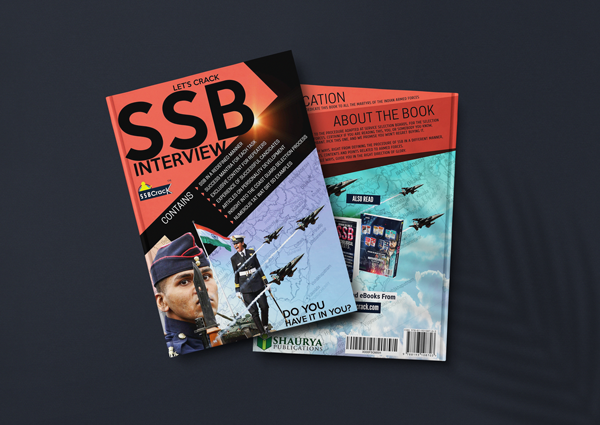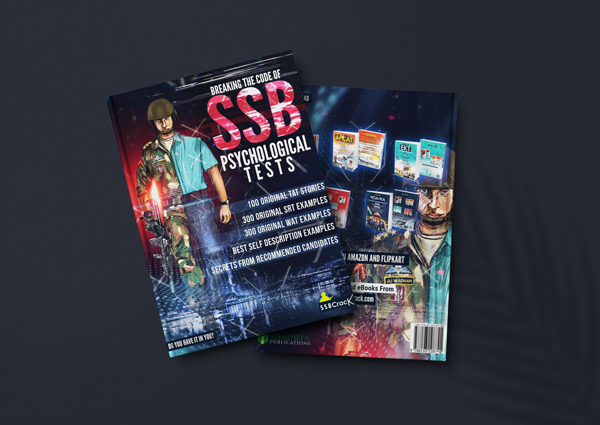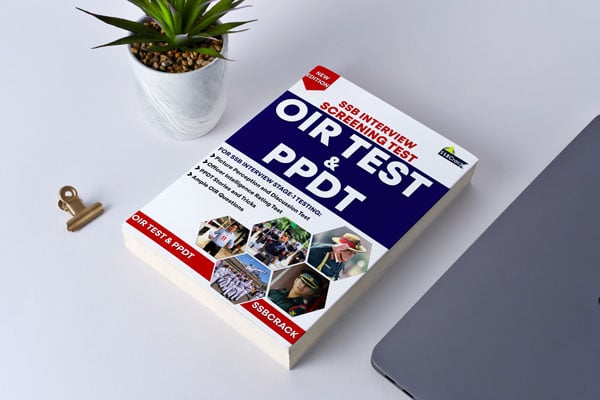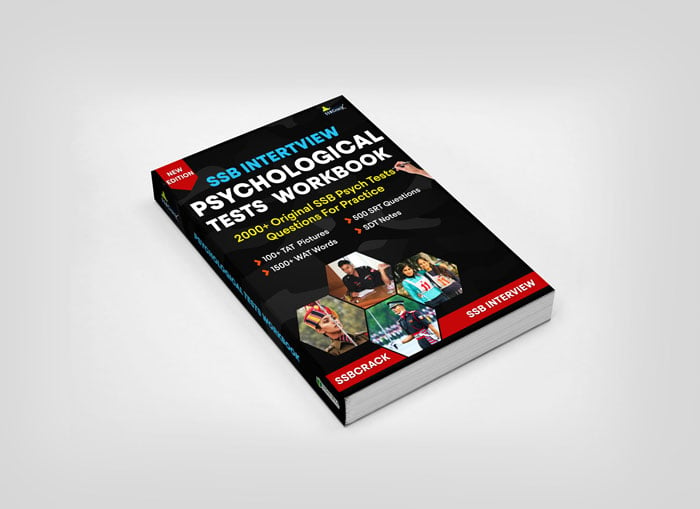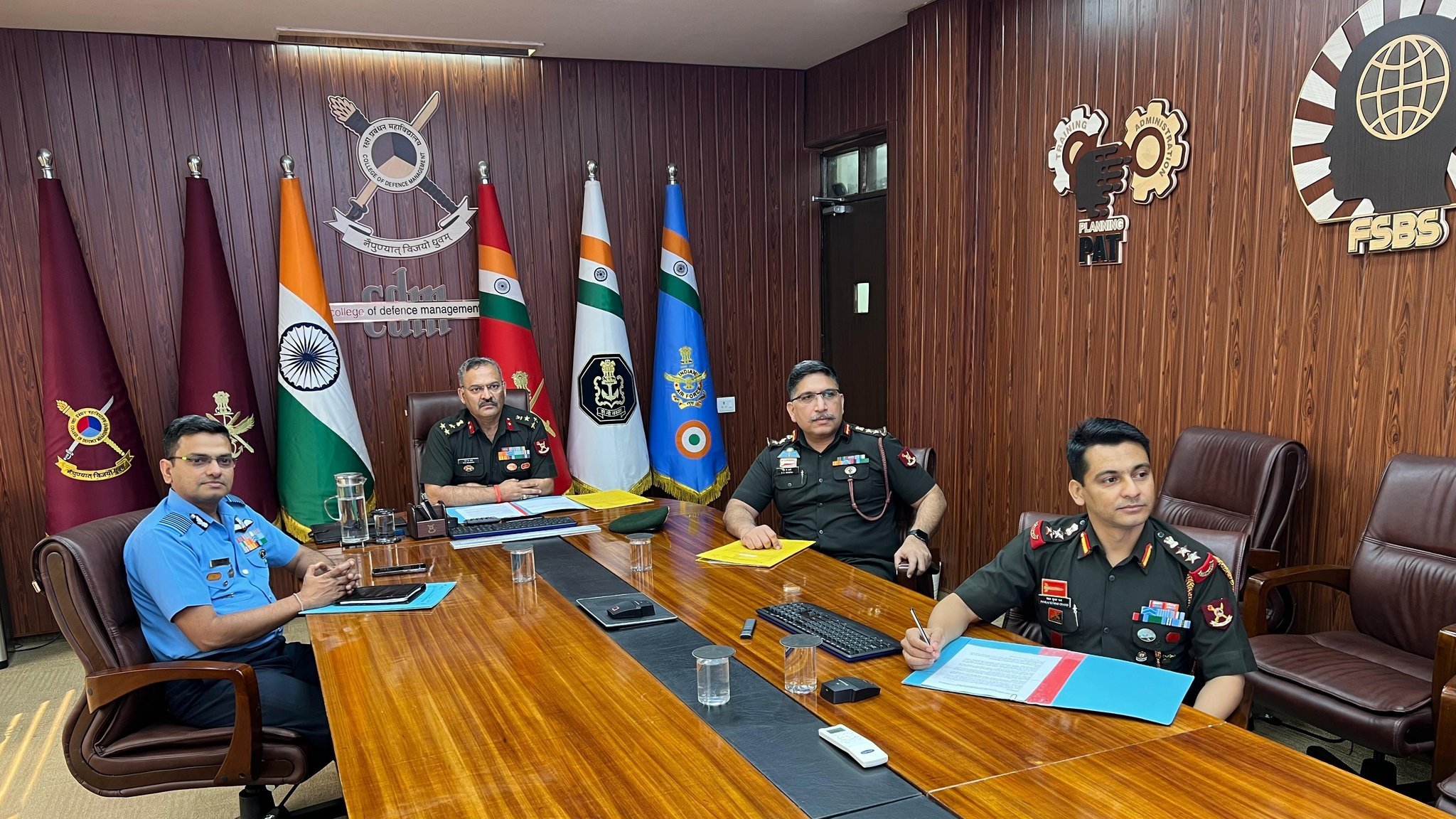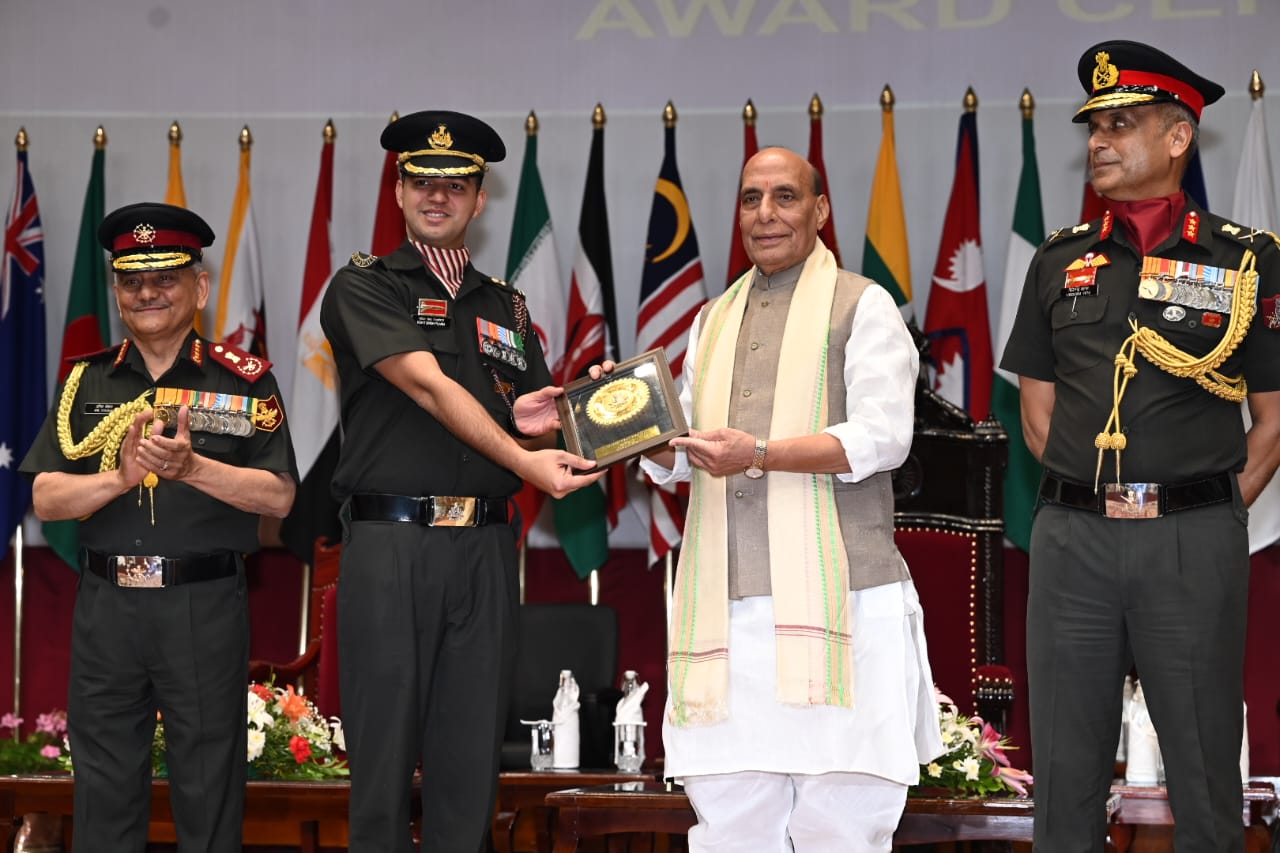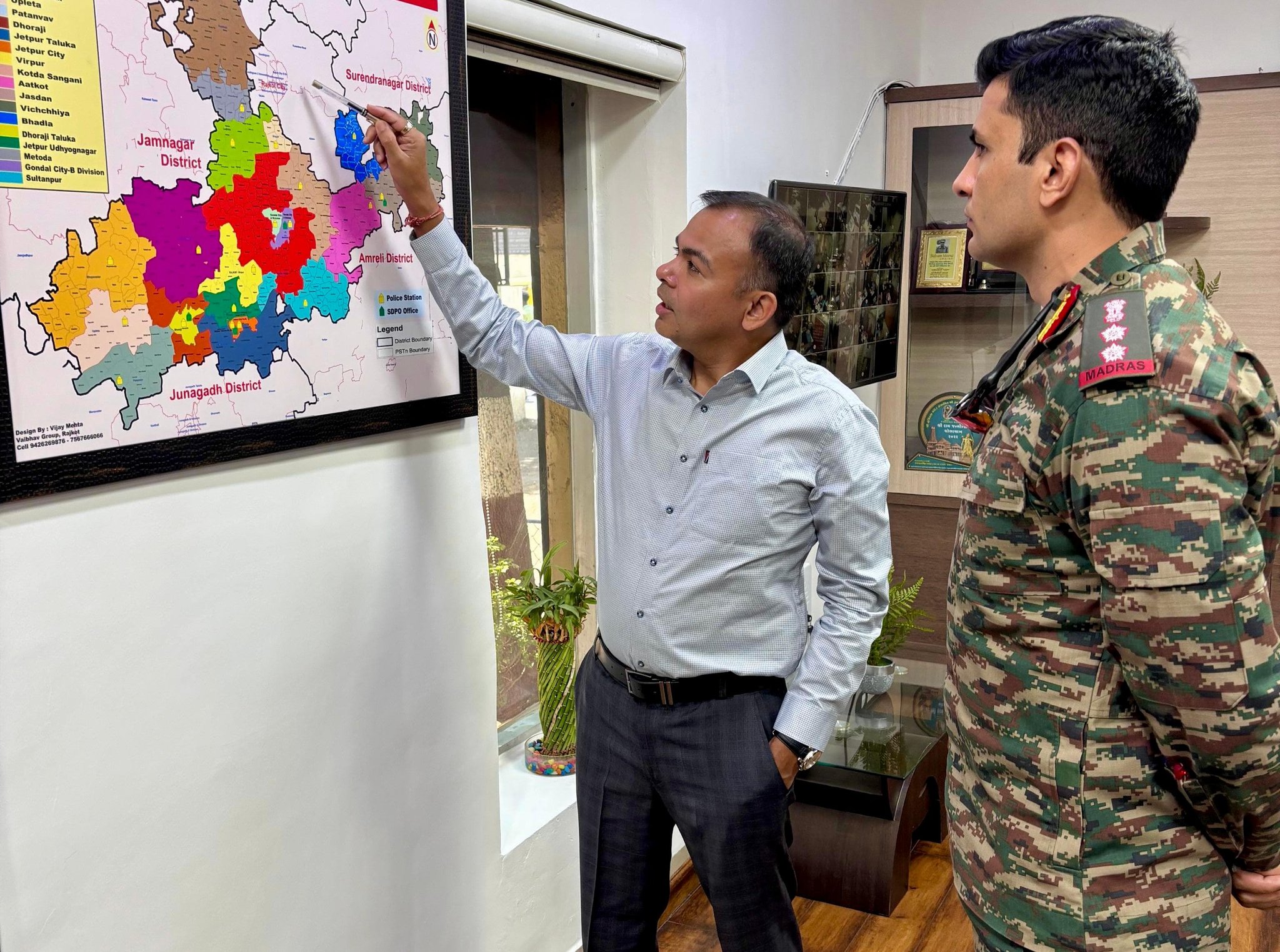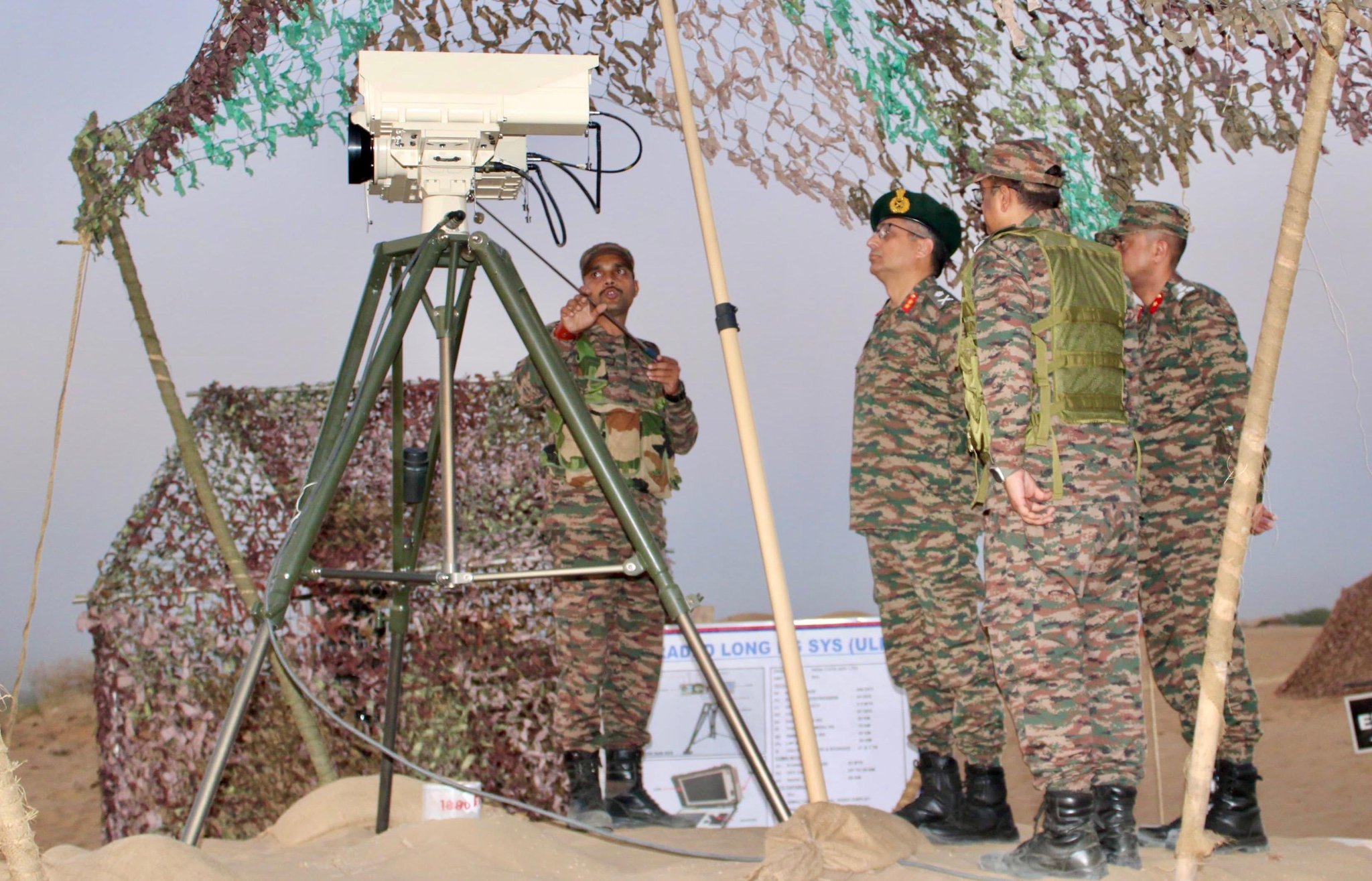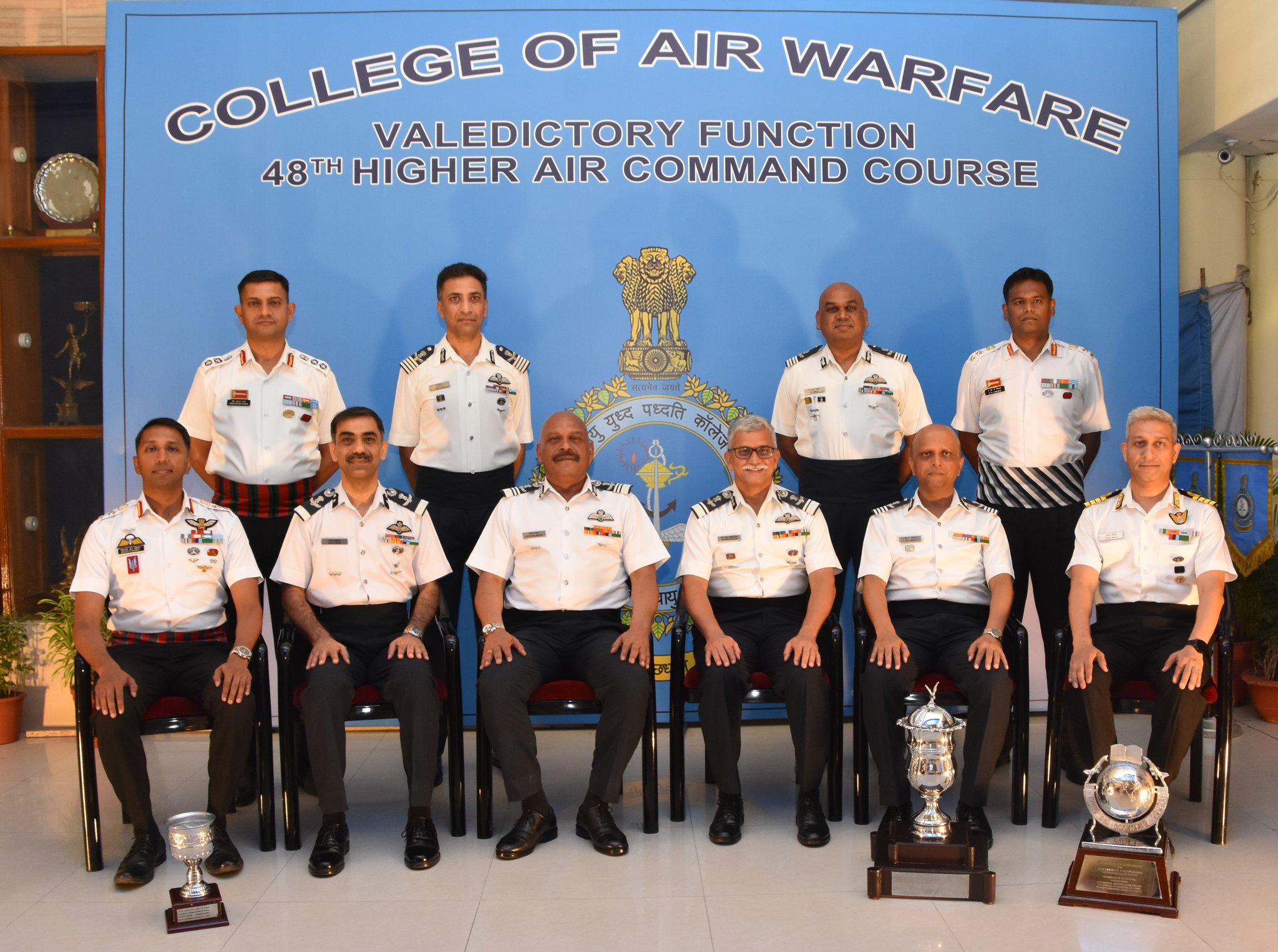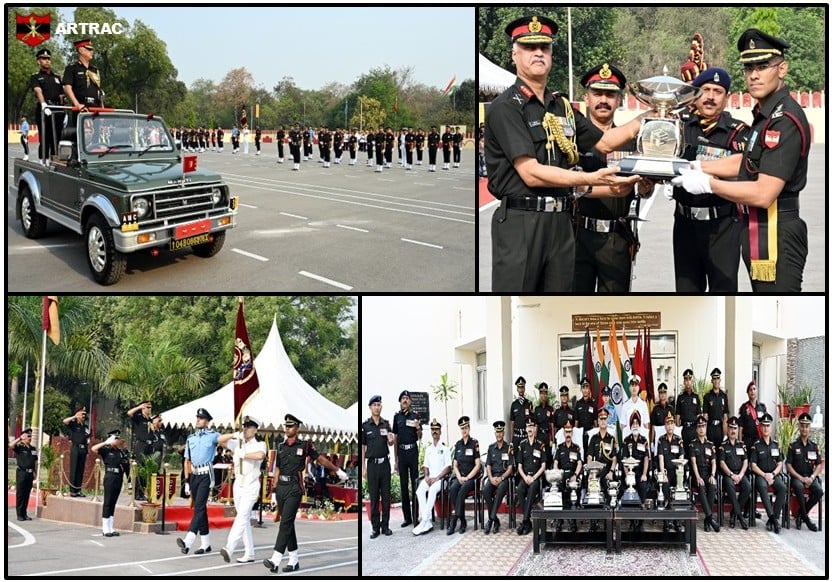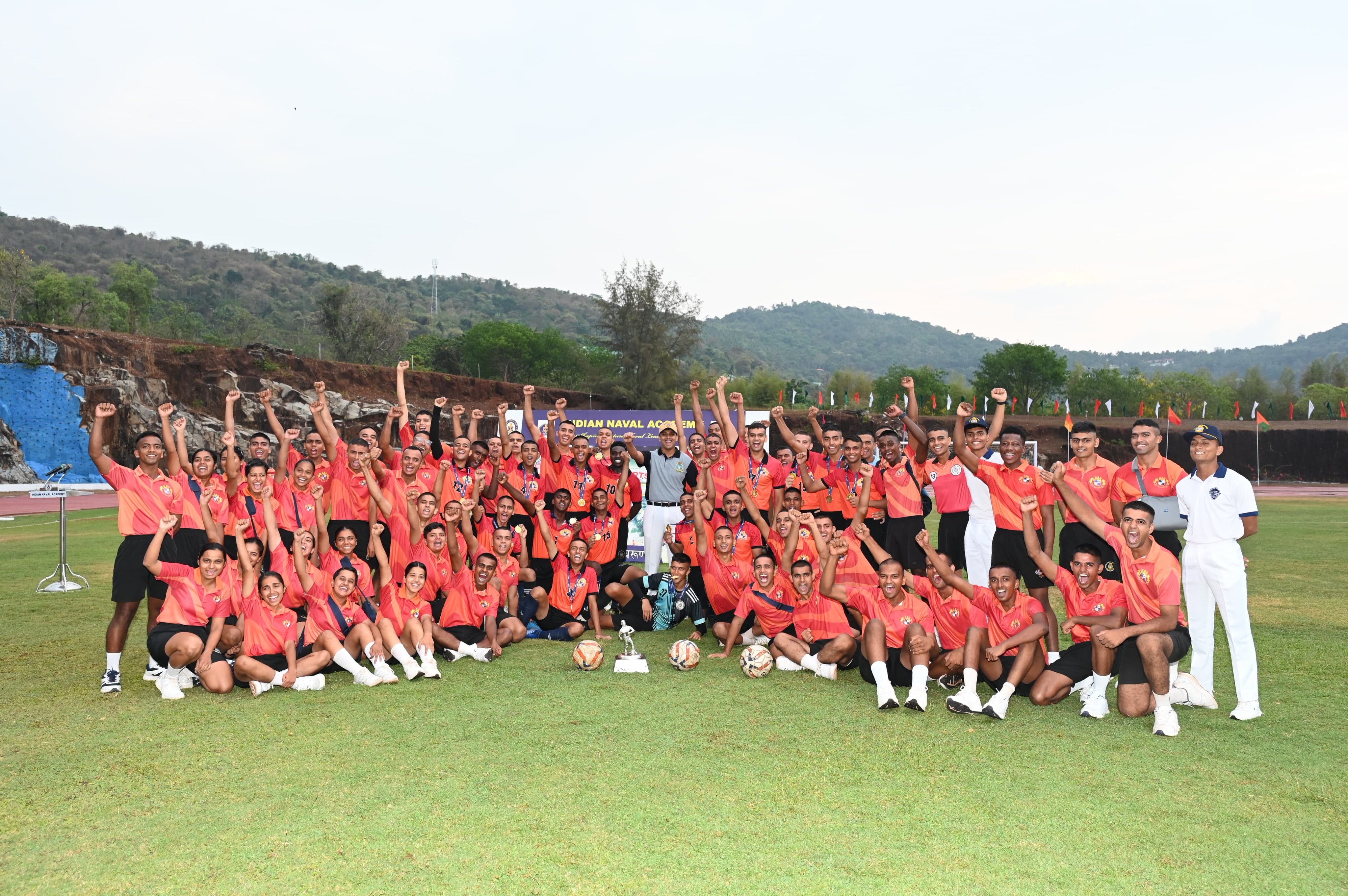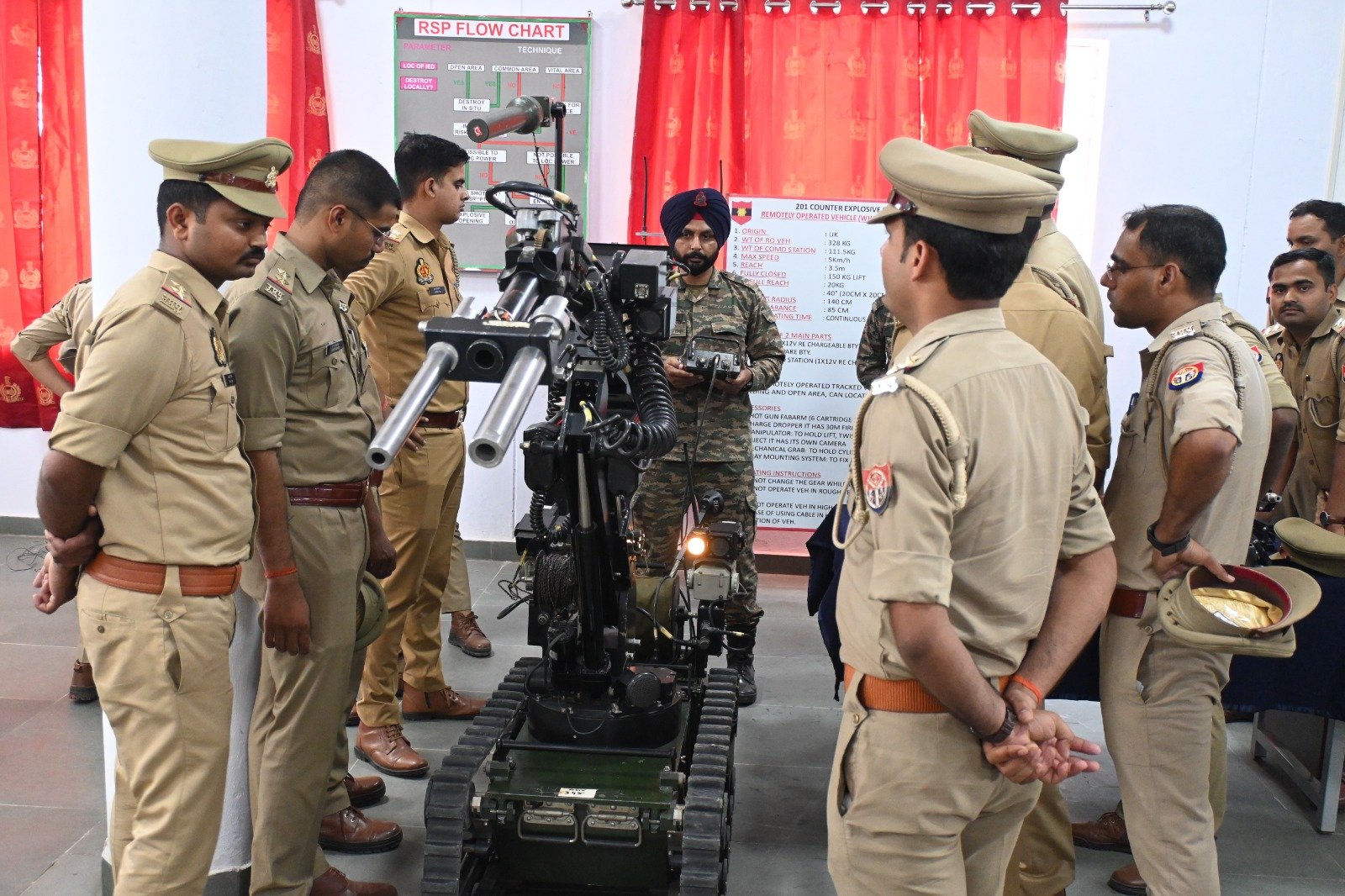SSB Interview is known as one of the toughest interviews in the country, but some candidates find it easier and don’t find need any preparation or coaching necessary for SSB interviews. Apparently, there are only a few candidates who make it without any preparation or professional coaching.
Practice makes a man perfect, indeed it got some meaning in it, if you are feeling lazy to prepare for SSB interviews then you will also feel lazy while coming back on the very first day or after 5 days.
If you are a serious defence aspirant and ready to do some smart and hard work to join the Indian defense forces, then start your preparation from scratch. Here is a few goods and recommended ssb interview books which are going to be helpful for your ssb interview preparation. You can buy these books online with huge discounts from the links mentioned below.
Books You Need For Your SSB Interview
1. Let’s Crack SSB Interview by SSBCrack.com
One of the most comprehensive and detailed books for SSB interview preparation is Let’s Crack SSB Interview. More than a million copies are sold now, this book was first published in 2015 and came out to be the most to-the-point book for SSB interview preparation which broke many myths about the SSB interview. This book is an insight into the procedure adapted at Service Selection Boards, for the selection into the Indian Armed Forces. Certainly, if you are reading this, you, or somebody you know, is an Armed Forces’ aspirant. Pick this one, and we promise you won’t regret buying it. This book is unique in many ways. Right from defining the procedure of SSB interview in a different manner, to having exclusive articles, contents and points related to Armed Forces. The book will in all possible ways, guide you in the right direction of glory.
2. Breaking The Code of SSB Psychological Tests [Book]
This book is ideal for people who aspire to pass the psychology tests in SSB interview with flying colors. There are a number of different tests to be covered at each step-in order to clear the psychology test. This book will help you at every level, using the simplest language that is easy to understand and work with. The workflow of the content in this book is such that it caters to even the most novice candidates who are not very well versed with these psychological tests. All thanks to the well-structured outlined methods, it becomes easy for the aspirants to grasp the knowledge imparted. In another light, this book acts as a personality development manual. It has been put together after compiling experiences gathered from different SSB tests. Add to that, the feedback received from recommended candidates and SSB assessors. It presents to you with the perfect set of tools that are required in shaping up your personality for the Armed Forces.
This is just not a book that tells you how to behave in Psychological tests. Instead, it sheds light on your existing personality and choices and provides you inputs with what can be incorporated in it. What does the book contain? It starts with a description of the Services Selection Board and what one can expect at these interviews. The testing procedures are divided into three parts: Screening, psychological testing, interview testing and group testing. While this book is mainly focused on psychological testing procedure contains TAT, WAT, SRT and SD. Each such test is described in details with suggestions on how to deal with these situations. In this book you will read many examples of TAT, WAT, SRT and SD, like always we suggest our readers that these examples are to help you to understand how to deal correctly with these tests so avoid mugging up the same responses.
3. OIR Test & PPDT – SSB Interview Screening Test – Stage 1 Testing
This book by SSBCrack is another evidence of efforts by our authors to provide quality guidance to the ssb aspirants. This book by SSBCrack was started with the purpose to be a torchbearer for the defence aspirants by introducing them to the concepts and testing procedures of stage 1 or screening tests I.E. OIR Test and PPDT. Our books have been known to guide and provide a comprehensive and detailed outlook about the ssb testing procedure that takes place at the services selection board. It is quite evident by the stage 1 rejection ratio of the SSB interviews that most of the defence aspirants are still trying to figure out the in-depth analysis of screening stage testing. This book will cover all the facets of the testing done at the SSB Interview during day 1 and will introduce you to the concepts and significance of all the tests in a way never told before. The context of the book is all in alignment with a comprehensive and methodological approach with regard to the stage 1 testing also known as the screening test. This book has been written in a way that caters to the interests of a fresher as well as that of a repeater candidate as it not only covers the requirements and to-be-done things from the perspective of a candidate but also covers all the avenues of the stage 1 testing in individual parts such as story writing, narration and group discussion. The book steals the perspective from the eyes of a candidate and presents you with the aim to reconnect it in a similar way. The picture perception and discussion test is also known as ppdt is covered in its entirety and has left nothing for the aspirants to dwell upon later.
4. SSB Interview Psychological Tests Workbook
“The SSB Interview Psychological Tests Workbook” is the ultimate resource for anyone preparing for the Indian Armed Forces’ Services Selection Board (SSB) Interview. This comprehensive guidebook is designed to provide in-depth information and practice exercises for the psychological tests that are a crucial part of the SSB selection process, including the Thematic Apperception Test (TAT), Word Association Test (WAT), Situation Reaction Test (SRT) and Self-Description Test. The book begins by introducing the SSB selection process and the importance of psychological testing in the selection process. It then provides a detailed explanation of each test, including the TAT, WAT, and SRT, as well as other psychological tests that may be included in the SSB selection process. The main focus of the book is on providing practice exercises for the various tests. The book includes practice sets for the WAT, practice sets for the TAT, and several sets of practice questions for the SRT. Each practice set is designed to simulate the actual test conditions, including time limits and the types of questions that will be asked. The book also provides tips and strategies for preparing for the psychological tests, including how to manage your time, how to think on your feet, and how to express yourself clearly and effectively. In addition, the book includes information on the Officer Like Qualities (OLQs) that are evaluated during the psychological tests and how to demonstrate them in your responses. This book is an essential resource for anyone preparing for the SSB Interview and all the examples in this book are collected by defence aspirants by team SSBCrack.
Why do I need SSB Interview Book for Preparation?
SSB or Service Selection Board is a five-day procedure divided into two stages. There is a myth that the SSB interview needs no preparation, some of us are preparing for SSB since the time we were born, our thinking, our work, our moral and ethical values, our beliefs and our overall personality is what work in SSB interview. Apart from this, there is a lot that you can prepare for the SSB interview. So do not go without preapration.
A candidate who clears the Stage 1 only goes to the Stage 2 and stays for four more days. The two stages are as follows:
Stage 1
This stage is known as Basic Screening Test and comprises of two tests:
- Verbal and Nonverbal Reasoning
- Picture Perception and Description Test (PPDT)
More Details: Officer Intelligence Rating Test at SSB Interview
Stage 2
This stage comprises of three different tests:
Psychological Test
Psychological Test Comprises of 4 tests which are as follows:
- Thematic Apperception Test (TAT)
- Word Association Test (WAT)
- Situation Reaction Test (SRT)
- Self-Description Test (SD)
More Details: The Psychological Testing in SSB
Group Testing Officers Test (GTO)
Group Testing is for 2 days and is comprising of 9 Tasks:
- Group Discussion
- Group Planning Exercise (Military Planning Exercise)
- Progressive Group task
- Group Obstacle Race (Snake race)
- Half Group Task
- Lecturette
- Individual Obstacles
- Command Task
- Final Group Task
More Details: GTO Task in SSB Interview
Face to Face Interview
In this exercise, the candidate is in direct conversation with the Interviewing Officer and the Interview is conducted for 35-40 minutes. The Interview is conducted on the basis of the Personal Information Questionnaire Form (PIQ) which is filled by the candidate on their arrival to the SSB Board.
More Details: Preparation and General Tips for Facing Interview in SSB
Conference (Final Day)
This is like the conclusion of the SSB Stay of a candidate. This is the Final day generally (Except for Flying Branch Candidates). On this final day, the fate of the candidate is decided and thus it is an important day. The candidates are required to appear one by one in front of the complete Board Of Officers comprising of the President of the board, Deputy President, Group Testing Officers, Psychologists & Technical Officers. The candidate can be asked following questions also:
- How was your stay at the SSB Board?
- Did you go out anywhere? Who accompanied you? Where did you go and what all did you find there?
- How was the food in the mess?
- Any other suggestions?
How to Prepare for SSB Interview at home with SSB Books?
For Screening Day-1:
- The first test is the OIR for whose preparation you can buy any OIR books (there are many available) and start solving it, focussing on time and accuracy. Even if you are preparing for Bank/SSC Exams as a backup, then also it would be beneficial.
- For PPDT – the best way to prepare would be to first write stories following all time and details related instructions. Then to narrate in front of the mirror while sitting(as will be in SSB), and recording it to see whether it was crisp (like did you wander off unnecessary details), your voice quality (was it confident/bold enough), your body language, etc. Keep on noticing the mistakes and improving upon it, it will be not more than a 20 minute exercise at all, so you can make it a daily routine. If you have SSB buddies around you and are able to have regular contact with them (which has become quite hard in the pandemic), go for those Group Discussions to boost your confidence.
- Note: If the corona wave is at peak and still SSB is going on, they may require to wear face shields with masks on even during the narrations and GD, so practice at home with it, because speaking from personal experience it may seem normal, but face shields hamper your voice quality, something very- very important. So practicing with it, will give you enough confidence to raise your voice without sounding too weird.
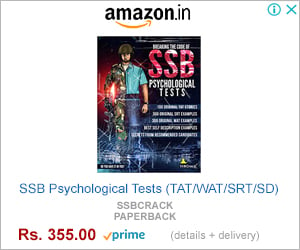
For Psych Tests:
- First, start with the best SSB interview psychological tests book. You should know that there are no absolutes / perfect answers/responses in psych tests. They are different for every individual, like if a stage is shown someone may write about winning a dance competition, while someone may write about organizing a competition, there are always different viewpoints because all of us have different life experiences. My advice would be to practice for them at home, and analyse your responses, whether it could have been more related to me or whether it could have been generic or whether the actions were sufficient, etc. Also, if you have an SSB buddy, get it analysed from them also to get their views. Remember never copy, there are always responses you can get from web on stories/words/situations, but always formulate your own, try to understand the actions and then write as per your own imagination but never copy. About SD, I will add it up with PI tips below
For Personal Interview
- Search for the PIQ form the web, get its hard copy and then fill all the details in it. Now sit in front of a mirror and start question yourself on the details you filled, for example if you wrote under responsibilities, some post, then what was your role, why were you given that post, what all you did during your tenure, what were the shortcomings, what problems were there and how you dealt with them, what all more could you have done, etc. Do this for all the sections, questioning and cross questioning yourself, if you are short on questions, you can get the commonly asked information questionnaire on our blog. Also, you should be aware of your strengths and weaknesses, and how are you able to utilise your strengths or how are you working to remove your weaknesses. Remember there are no specific best responses in personal interview, only the true responses (your own life experiences) are the best responses. Also have knowledge about the force you want to join, like if you want to join the Army, then which regiment do you aspire for, why so, its history, contribution latest defence equipment, deals, exercises, comparison with our neighbours, what role will you play in the the army, if not army then what? Etc.
- After this exercise, ask your brother/parents/SSB Buddy to take your mock interview, take their opinions and improve upon. The tip of recording your performance as in PPDT will also be beneficial.
- Also remember there is no use of memorizing responses related to your life, if you have followed the above exercise it would be enough.
- Now that you have done this self-introspection completely start writing your Self-Description in an organized way, because now your responses in interview will be coherent with what you write.
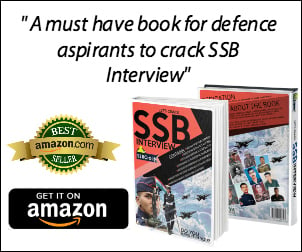
For GTO
- First, focus on your fitness. Although extreme level of fitness is not required, but in tasks like GOR (Group Obstacle Race) and IO (Individual Obstacles, you will need a lot of stamina, as it may so happen that immediately after the IO/GOR, lecturette/any other task will be conducted and if you are someone with less stamina you will be exhausted physically and that may take a toll on your performance. Also keeping yourself in shape helps you boost your confidence and project a positive vibe about yourself to the assessors.
- Anyways the academy you aspire to join maintains a very high standard of physical fitness for its cadets, so why shy away from it now.
- For this you can start gyming or if you have a ground nearby start going for runs. Try for swimming as it will also help you in the academy to great extent. Also if you are able to play team sports, it would be of best help to you, as nothing builds more personality than them, they bring out every aspect of you be it physical or mental toughness. It also builds the most important virtue required not just for SSB but also for professional and personal life: TEAM-SPIRIT.
- For GDs read newspapers, you can also follow any trusted news portal online, and explain to your brother/family/friends whatever you read and discuss with them their opinions, as it would give you a wide viewpoint.
- For GPE, there are numerable models online, find them, and write your responses. Make your own method like writing in a tabular form or to go paragraph wise. Read responses of other people and see what all did you miss or what could have been done in a better way. Having a SSB Buddy would be great.
- For PGT/HGT/CT/FGT, I would advise to learn the basics of tying the knots, and try to solve the obstacles (there are many pictures of them floating on the web). Remember not just you but almost your whole group becomes kind of clueless, from the third obstacles, but a calm mind will find the solution, there is no prize for the first solution, take your time(there will be) and find the best route for your group. Just keep trying.
- For Lecturette, speak in front of mirror neither more than nor less than for three minutes on important topics / issues you read about. Never speak randomly, rather plan it under various parts like Definition, Advantages, Disadvantages, Solutions(focussing on this part), etc and record your lecturette using phone/ any other device. Now notice your body language, voice modulation(if you sounded too monotonous), expressions, and keep on improving.
